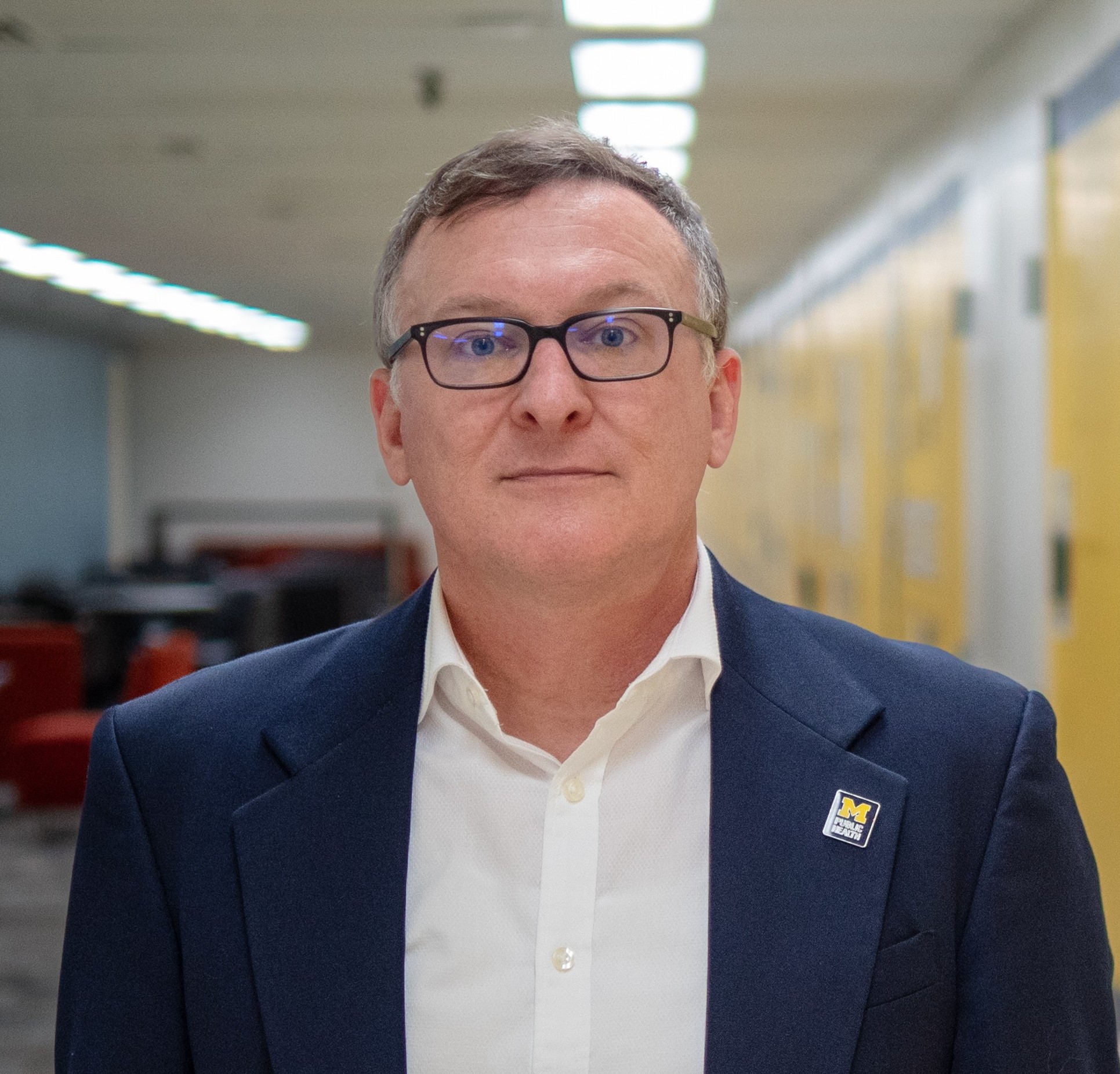On today’s Best Of PHRME episode, we revisit an interview with ASTHO's Jennifer Layden, senior vice president for population health and innovation, who discusses how states are advancing data modernization and building creative partnerships to strengthen public health.
On today’s Best Of PHRME episode, we revisit an interview with ASTHO's Jennifer Layden, senior vice president for population health and innovation, who discusses how states are advancing data modernization and building creative partnerships to strengthen public health. The episode also highlights new research from the University of Michigan and Apple examining how noise pollution impacts hearing and cardiovascular health, along with a look at Colorado’s resilience framework that supports statewide preparedness and response.
ASTHO Web Page: Building a Resilience Framework in Colorado
JOHN SHEEHAN:
This is the Public Health Review Morning Edition. I'm John Sheehan. New episodes of the show are in the works and forthcoming, so check back for updates. For now, here's one of our favorite episodes from the archive.
SUMMER JOHNSON:
This is the award-winning Public Health Review Morning Edition for Thursday, September 11, 2025. I'm Summer Johnson. Now, today's news from the Association of State and Territorial Health Officials.
JENNIFER LAYDEN:
Getting back to the roots of where I started in public health, at the state level, and working directly with leaders at the health department is one thing that I'm really looking forward to.
JOHNSON:
This week, ASTHO welcomed Dr. Jen Layden to the team, who will serve as senior vice president for population health and innovation. Layden brings with her a long background in epidemiology and data modernization. She's the former chief medical officer and state epidemiologist for the state of Illinois, and most recently, she served as senior executive and director of the data office at CDC. Layden shares what's to come in her role at ASTHO.
LAYDEN:
Part of the effort is to continue to support the data modernization effort, specifically jurisdiction states in their effort to modernize and then also look at ways that we can think creatively and innovatively around other partnerships to support the work of jurisdictions.
JOHNSON:
In her career, Layden has supported data modernization efforts at both the state and federal levels, and says the process can look different for everyone.
LAYDEN:
We have had tremendous progress as a nation and at the jurisdictional level. That looks different for each jurisdiction just because of where they're starting at, one, their organizational structure, how they're organized within their state.
JOHNSON:
What's most important? Taking things one step at a time.
LAYDEN:
I think an important thing to keep in mind is that this is not a short game. This is a long effort in defining success in, kind of, incremental progress is important. Otherwise, I think sometimes it's lost in what the importance and value is.
JOHNSON:
Layden is looking forward to using her broad experiences to help ASTHO members.
LAYDEN:
I'm really excited to support states, the states and locals where the frontline of public health happens. It is such a vital part of our public health ecosystem, and success for each state is going to look a bit different, but really understanding the needs of the state health officials, their departments, how to support their efforts in progress, defining progress priorities or helping to think through strategies and solutions and seeing that success.
JOHNSON:
The University of Michigan has partnered with Apple to conduct a hearing study. The goal of the study is to better understand sound exposure and how noise pollution may be impacting Americans.
RICK NEITZEL:
This is a pollutant that hasn't got a lot of attention, but it's not because it's not bad for us. It's just because we've found it quite easy to ignore hearing loss and pretend like it's not the debilitating condition it is.
JOHNSON:
That's Dr. Rick Neitzel, professor of environmental health services at the University of Michigan, discussing the threat that sound pollution poses to our health.
NEITZEL:
There's actually a pretty large body of evidence now that shows that noise is associated with things like high blood pressure or hypertension, things like ischemic heart disease, or strokes, heart attacks.
JOHNSON:
The study has collected data from almost a quarter of a million Americans. Neitzel says early findings indicate a concerning trend.
NEITZEL:
We've pretty consistently seen that about 30% or almost a third of Americans are exposed to levels of sound in their environment that are potentially high enough to cause hearing loss.
JOHNSON:
If you want to read more about the Apple hearing study, we've made it easy, just check out the link in the show notes.
JOHN SHEEHAN:
A new Association of State and Territorial Health Officials report highlights how Colorado became the first state to create a resilience framework following major disasters, shifting from a focus on recovery to a more holistic, interagency approach to building resilient systems. See how your jurisdiction can apply these lessons to strengthen public health preparedness by heading to the show notes.
I'm John Sheehan, and this has been the Public Health Review Morning Edition from the Association of State and Territorial Health Officials.






